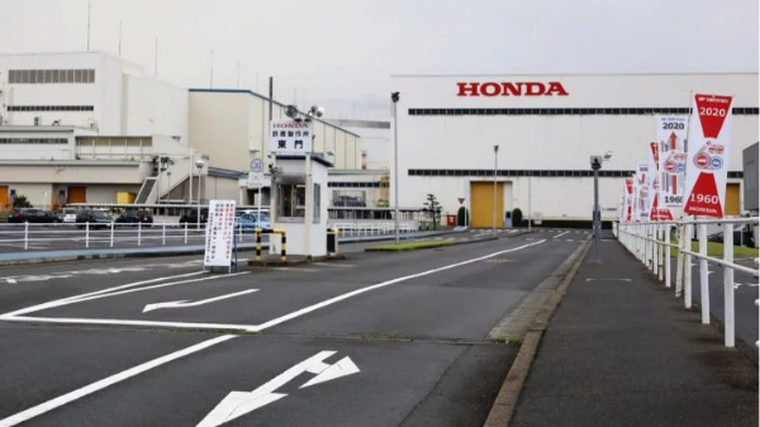Parts shortage hits carmakers

A number of marques are cutting vehicle production due to supply issues with parts, a sign that a Covid-19 pandemic-spurred global shortage is threatening the car industry.
Honda, Nissan, Suzuki, Ford, Volkswagen, Mercedes-Benz and Daimler have all been hit by the shortage of semi-conductors, which are used in vehicle control systems.
Honda will reduce production by about 4,000 units this month. The change will mainly affect the Fit, which is manufactured at the Honda factory in Suzuka, pictured, a city in Japan’s Mie prefecture.
Nissan is also expected to reduce the production of its Note hatchback at the marque’s Oppama plant in Japan from about 15,000 units to 5,000 in January.
There are warnings the cuts may worsen later in the year. It is being speculated by some media outlets in Japan that the shortage could impact tens of thousands of vehicles during the January-March quarter just on the domestic side.
Ford has decided to idle a SUV factory in the US for one week of January because of the chip shortage and Volkswagen is adjusting its first-quarter manufacturing plans to cope with the problem.
BMW, General Motors and Peugeot maker PSA Group say they have not yet been affected by the dwindling supply of parts but were monitoring the situation.
As people stay mainly indoors and work from home around the world because of the coronavirus crisis, demand has surged for chips used in smartphones and computers.
As chipmakers focus on meeting that demand, semi-conductor supplies to automotive parts manufacturers have stalled.
In October 2020, the Asahi Kasei Corporation suffered fire damage at its semi-conductor plant in Japan’s Miyazaki Prefecture.
That has contributed to a shortage in chips for audio components but the incident apparently is unconnected to Honda’s production cuts, reports NewsOnJapan.com
“We have secured inventories [for that component] at this moment,” says a spokesman for Honda.
The marque will not halt factory operations this month, but the company is expected to limit the daily number of vehicles produced.
A reduction of 4,000 units represents less than 0.1 per cent of the 4.77 million it produced globally in fiscal 2019.
Because the process of procuring material and turning it into semi-conductors takes more than three months, adjusting production volume quickly based on demand is seen as a big ask.
The coronavirus pandemic caused demand for vehicle to drop during the first half of 2020. At the time, carmakers temporarily cut orders for semi-conductors with chip suppliers modifying production plans accordingly.





